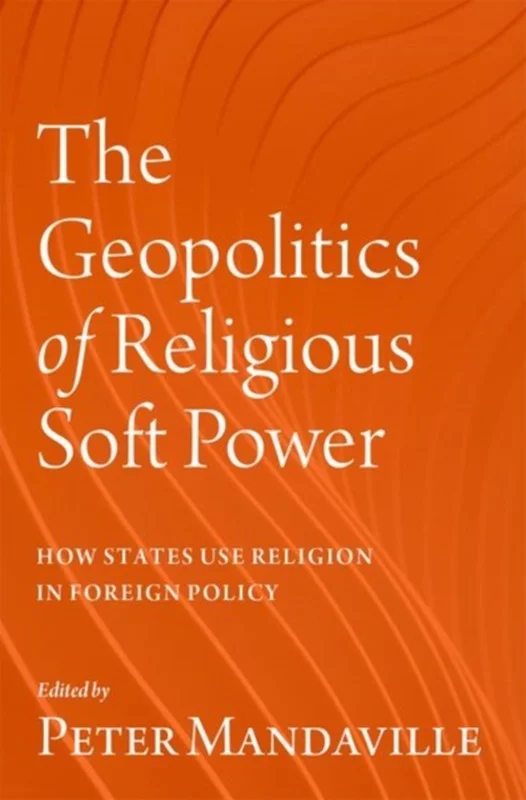The Geopolitics of Religious Soft Power - - Bog - Oxford University Press Inc - Booktok.dk
Religion features prominently in the international relations of many states around the world today. Whether mobilizing religious affinities as a form of public diplomacy, positioning religion as a force to counteract perceived ideological foes, or creating transnational networks of religious populism to support incumbent regimes--governments clearly perceive geopolitical utility in the power of religion. This volume explores how states across multiple regions and a diverse range of faith traditions incorporate religion as an aspect of their foreign policy. Each subsequent chapter is written by a leading expert and explores the role of religion in the global engagement of a particular country. Brazil, China, India, Iran, Jordan, Indonesia, Russia, Saudi Arabia, Turkey, and the United States are all featured, as are states such as Israel and the Holy See, which by their nature have unique relationships with religion. The case studies illuminate various cross-national patterns, as well as continuities and discontinuities in the role of religion as a geopolitical tool. This volume aims to directly address gaps in scholarly knowledge with data and analysis and seeks to inform and shape scholarship, policymaking, and practice.
The Geopolitics of Religious Soft Power - Bog - Hardback
The Geopolitics of Religious Soft Power represents the first globally comparative study of the varying ways in which states incorporate religion and religious outreach into their external relations. Each chapter demonstrates how the history, religious culture, and geopolitical orientation of a particular country determines its capacity for using religion as part of a soft power strategy while simultaneously dictating the nature and shape of its religiousoutreach activities, its intended audiences,..
The Geopolitics of Religious Soft Power
The Geopolitics of Religious Soft Power represents the first globally comparative study of the varying ways in which states incorporate religion and religious outreach into their external relations. Each chapter demonstrates how the history, religious culture, and geopolitical orientation of a particular country determines its capacity for using religion as part of a soft power strategy while simultaneously dictating the nature and shape of its religiousoutreach activities, its intended audiences,..


